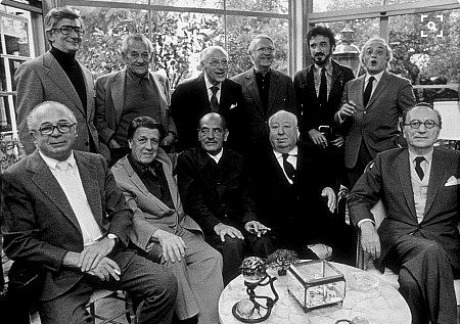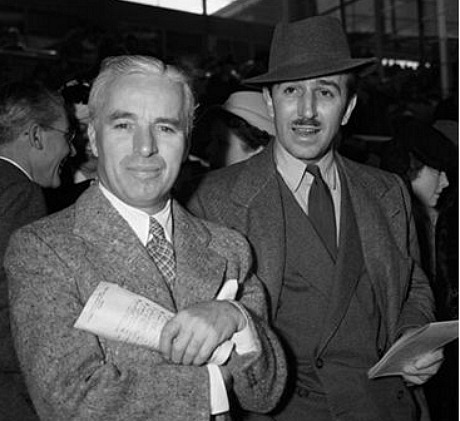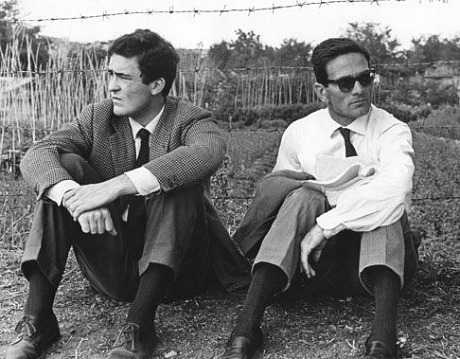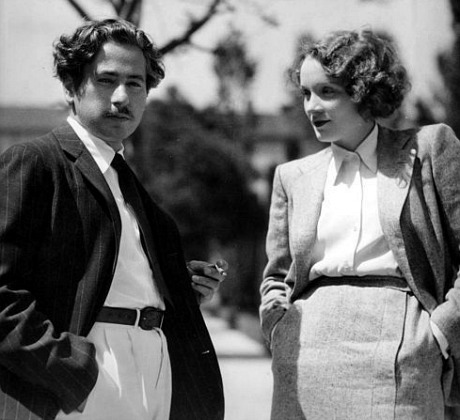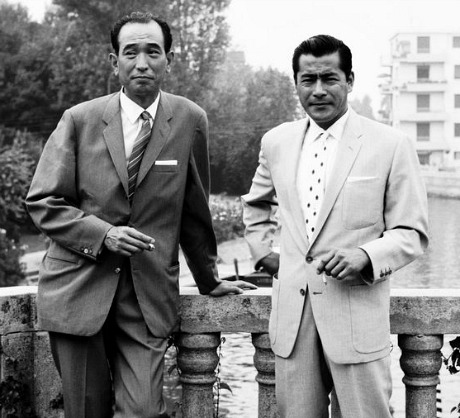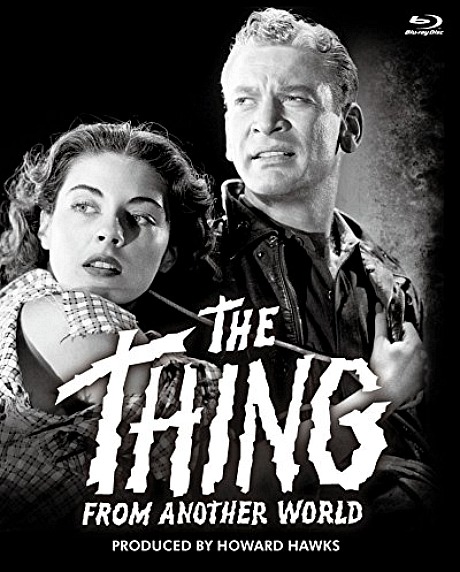The Coen bothers have a near-perfect track record. They’ve never made a “bad’ film, but once in a blue moon they don’t quite nail it. The Ladykillers, The Man Who Wasn’t There, arguably Raising Arizona. (I don’t agree with the alleged consensus view that Intolerable Cruelty is a stumble — I think it’s wall-to-wall hilarious.) In any event it gives me no pleasure (in fact it almost hurts) to report that another mitigated Coen misfire is now upon us. Hail, Caesar! (Universal, 2.5) is a zany re-imagining of early 1950s Hollywood that I loved in script form. This part is funny and that part is cool, but the whole never lifts off.
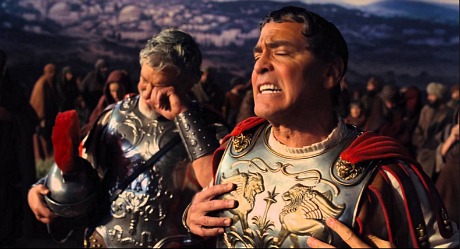
The smarty-pants dialogue has verve and flair. The attitudes, haircuts, costumes and production design are all aces. Pic has many elements, in fact, that are sharp and zippy and loads of fun (including a sailors-shipping-out dance number with Channing Tatum), but it’s spotty and slapdash. Something is missing. Yes, if you ease up on your Coen Bros. expectations Hail, Caesar! is agreeable enough. It’s not slop. It’s apparently much better than the other January and February openers playing right now.
“Why is this not coming together?” I said to myself during the pre-Sundance screening two and a half weeks ago. “The material works on paper and that the Coens are my favorite boys so what the fuck? C’mon, guys…get it together!” Hail, Caesar! is far from a trainwreck but at best it’s a 6.5 or 7. It’s supposed to be one of their knucklehead comedies but while it’s amusing here and there it’s never consistently funny in a follow-through, momentum-building sort of way.
Remember the inspired “Wheezy Joe” bit in Intolerable Cruelty (i.e., the gun mistaken for an inhaler)? There’s nothing in Caesar that comes close to that. If you ask me Inside Llewyn Davis — by any yardstick a downish, somber-attitude film — is funnier in its own studied way. John Goodman‘s back-seat performance as a junkie musician was a stone classic; ditto that “where’s his scrotum?” scene along with the moment when the amiable G.I. folk singer slurps the cereal milk. There are no bits or performances in Hail, Caesar! that deliver on this level.
Hail, Casear! is a satirical take on Hollywood culture around 1950 or ’51. It’s about real-life MGM general manager and vp Eddie Mannix (Josh Brolin) and how he deals with the kidnapping of Baird Whitlock (George Clooney), a Robert Taylor-like star during the filming of a Quo Vadis-like Biblical epic called Hail, Caesar!: A Tale of the Christ.
MINOR SPOILER WHINERS ALERT: The genius move, for me, is the Coen’s decision to not only cast lefty-commie screenwriters as the kidnappers but depict them as being in league with the Russians — a vision of subversion straight out of the HUAC playbook and the commie-hating minds of John Wayne, Cecil B. DeMille and Adolph Menjou.
Read more
